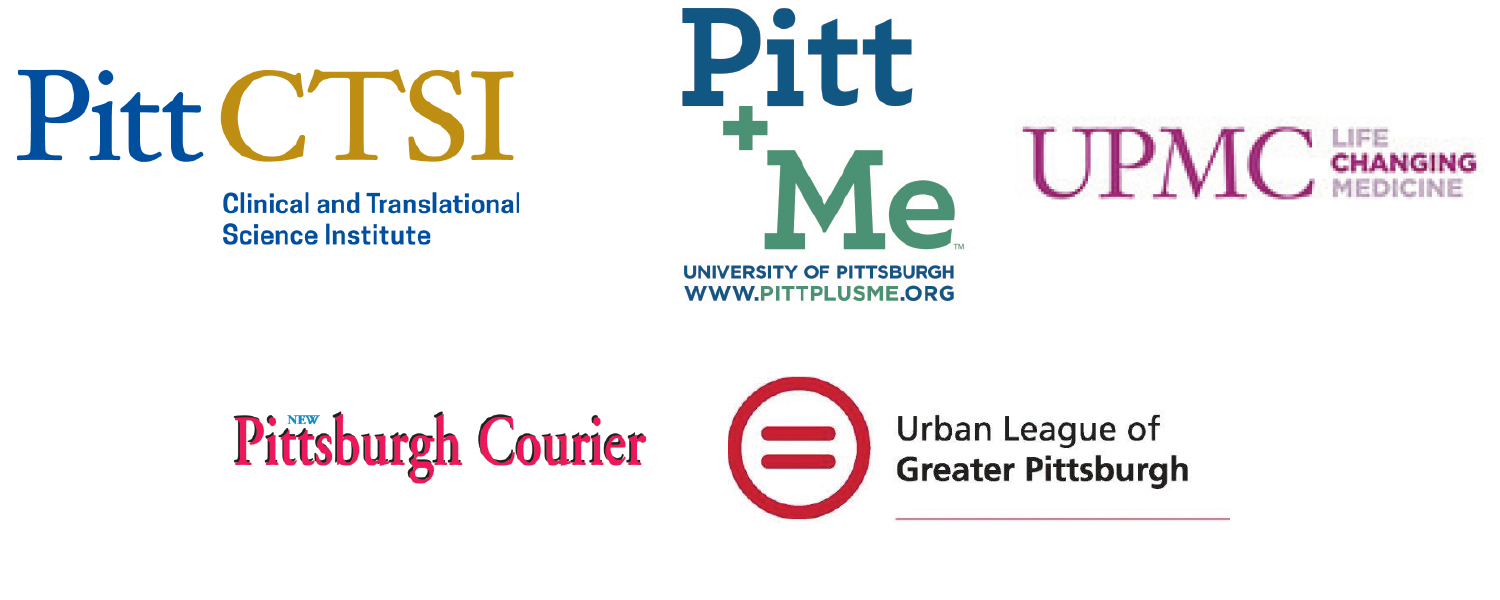A critical issue that affects millions of people in our country is food insecurity. About 9% of White households suffer from it compared to 22% of Black households.
Food insecurity happens when a person doesn’t have regular access to enough nutritious food to meet daily needs, including lean protein, whole grains, fresh fruits and veggies, and healthy fats. The condition can be especially hard on the health of pregnant people and their babies.
When people don’t have money, resources, or reliable places to get nourishing food, they suffer from poor nutrition, which contributes to heart attacks, strokes, diabetes, high blood pressure, kidney disease, and even obesity (from eating food high in saturated fat and refined sugar).
Food insecurity also impacts people’s mental health. Struggling to find and afford nutritious food can increase stress and depression and make existing mental health conditions worse. Over time, the strain of food insecurity can lead to a complicated and downward cycle of mental health challenges.
The marked difference between Black and White food insecurity is caused by economic disparities, systemic racism, and historical inequities, especially redlining. It’s resulted in a new term for food insecurity in marginalized communities: Food apartheid.

DR. CHRISTINE C. CALL
When someone is pregnant, the lack of steady, healthy nutrition not only jeopardizes their health, but also their baby’s. “Pregnant Black people who experience food insecurity are at a higher risk for complications like anemia, preeclampsia, and low newborn birth weight,” says Dr. Christine C. Call, Assistant Professor of Psychiatry at the University of Pittsburgh. “They also experience more stress, which raises cortisol levels and can impact an unborn baby’s development.”
Dr. Call is lead researcher of Pitt’s AMPLiFY study. The study’s goal is to develop a survey of prenatal food insecurity that can be used in research and clinical settings. “Research about food insecurity during pregnancy is lacking,” Dr. Call says. “We’re hoping to change that, so we can study it and determine how it contributes to physical and mental health outcomes for pregnant people and their babies.”

AMPLiFY participants complete a 1-hour, 1-on-1 interview (online or in-person) and online surveys that ask about food insecurity, eating, mood, discrimination, and demographic characteristics. Total time is about 1.5-2 hours. The study is ongoing and participants receive payment for their time.
“AMPLiFY will give us the tools to design a meaningful and relevant survey that captures the food insecurity of pregnant Black people and their babies,” says Dr. Call. “We want to create a survey out of care for the people we’re representing — one that’s compassionate and respectful of their circumstances.”
With the right survey, researchers can begin to gather information that may help improve prenatal health. The info may even become a factor in helping to lower our country’s high rate of Black maternal and infant deaths, which is more than twice the rate of White mothers and infants according to the CDC.
Understanding food insecurity is part of a bigger public health strategy to figure out and eliminate the root causes of Black maternal and infant mortality on a community level and nationally through policy changes.
“Research has taught us fundamental things about prenatal care, but we need more information specific to nutrition,” says Dr. Call. “One of the key things we do know is that it’s important to destigmatize food insecurity and reassure people that it’s nothing to be ashamed of. Unfortunately in our country, 1 in 5 Black people experience food insecurity on a regular basis.”
Dr. Call also notes the important role of trust between a pregnant person and their healthcare provider. “There’s a lot of healthcare system mistrust in the Black community based on historical harms,” she explains. “If you don’t trust the healthcare provider who’s asking you questions about your diet, how will you feel comfortable enough to ask for help with food?”
In the Pittsburgh region, Dr. Call encourages pregnant people to use resources that offer free nutritious food without judgement or stigma. “If you’re pregnant and experiencing food insecurity, please know you’re not alone and it’s not your fault, especially in today’s economy where food prices have risen so sharply,” she says.
Some of the resources include Adagio Health, which offers online sign-up for the Women, Infant, and Children (WIC) program, as well as an Eat Fresh Farmers Market program and free Pregnant & Powerful classes.
There’s also The Greater Pittsburgh Community Food Bank’s Food Finder Tool, Just Harvest’s food stamps/SNAP, Feed Hungry Kids, and Find Healthy Food services and The Pittsburgh Study’s Family Resource List for support with child thriving and racial equity.
For refugees and immigrants, there’s Hello Neighbor’s Smart Start program.
Dr. Call also encourages family members and friends of pregnant people — as well as church and community leaders — to check in with them regularly. “It can be overwhelming and embarrassing to admit you don’t have the resources to get the food you need for a healthy pregnancy,” says Dr. Call. “Regular support from family and the community sends a powerful message to the person who’s pregnant that they and their baby are loved and cherished and don’t have to go it alone.”


